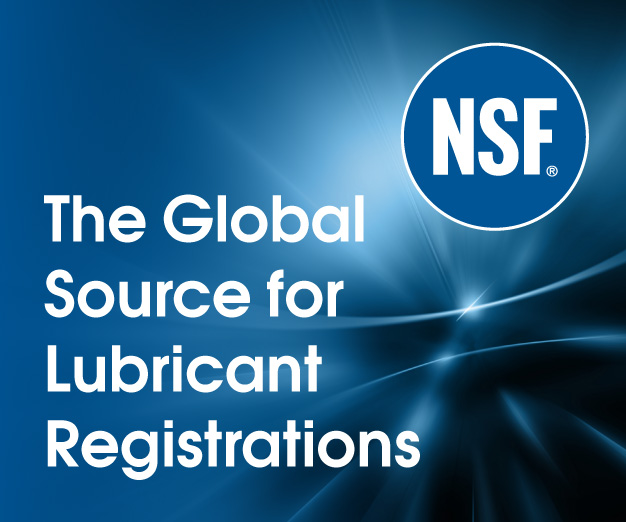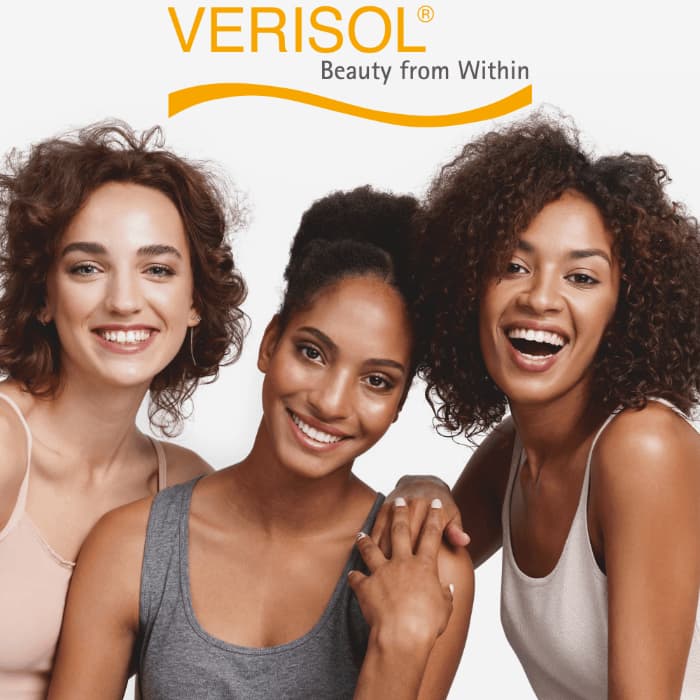Gelita’s VERISOL collagen peptides demonstrate enhanced skin hydration benefits
New clinical trial confirms bovine-derived VERISOL improves skin hydration alongside previously established benefits for wrinkle reduction and elasticity, expanding its application in beauty-from-within supplements.
A recent randomised, double-blind, placebo-controlled clinical trial has reaffirmed the efficacy of GELITA’s patented VERISOL collagen peptides in improving skin health, whilst also revealing new benefits for skin hydration. The eight-week study demonstrates that VERISOL delivers measurable improvements in skin hydration in just four weeks, with enhanced results observed at the conclusion of the trial period.
Clinical evidence shows multi-faceted skin benefits
The latest research not only confirms VERISOL’s established benefits for wrinkle reduction and skin elasticity but also presents compelling evidence for its ability to significantly increase skin hydration. These improvements were documented after a daily supplementation of just 2.5 g of VERISOL.
Particularly noteworthy is the confirmation that these benefits are achieved with bovine-derived VERISOL, demonstrating equivalent efficacy to the previously studied porcine-sourced version. This finding holds significant importance for markets with specific religious or cultural preferences regarding ingredient sourcing.
“Skin hydration is a prevailing consumer need, and VERISOL now offers clinical substantiation on this parameter in addition to reduced wrinkles and increased elasticity,” stated Lara Niemann, GELITA’s beauty category manager. “With a low 2.5 g daily dose, VERISOL provides economical cost in use and it also boasts confirmation by now seven published VERISOL-specific studies.”
Mechanism of action identified through in vitro testing
Beyond the clinical outcomes, the study included in vitro experiments with human skin cells that revealed the mechanism behind VERISOL’s efficacy. Supplementation with the bioactive collagen peptides resulted in a statistically significant increase in the skin’s extracellular matrix biosynthesis.
This stimulatory effect prompted increased production of essential skin components including collagen, elastin, hyaluronic acid and proteoglycans—providing a scientific explanation for the observed clinical improvements in skin condition.
Implications for beauty supplement formulations
The multi-dimensional benefits of VERISOL, now including hydration alongside wrinkle reduction and elasticity improvement, position the ingredient as a comprehensive solution for beauty-from-within supplement formulations. The low effective dosage of 2.5 g daily enhances its commercial viability for manufacturers.
Crucially, GELITA emphasises that these study results are specific to the patented VERISOL collagen peptides and cannot be generalised to other collagen ingredients. This exclusivity reinforces the unique positioning of VERISOL in the increasingly competitive beauty supplement market.
The study, titled “The Oral Intake of Specific Bovine-Derived Bioactive Collagen Peptides Has a Stimulatory Effect on Dermal Matrix Synthesis and Improves Various Clinical Skin Parameters,” has been published in the journal Cosmetics (2025).
Expanding collagen science portfolio
This latest research adds to GELITA’s growing portfolio of scientific evidence supporting the efficacy of its specialised collagen peptides. The confirmation that bovine-derived VERISOL delivers equivalent results to porcine-sourced material also expands its potential market reach.
The study represents the seventh published clinical investigation specifically focused on VERISOL, underscoring GELITA’s commitment to robust scientific substantiation for its ingredients.
- For more information, visit: www.GELITA.com
Reference
Proksch, E., Zdzieblik, D., & Oesser, S. (2025). The Oral Intake of Specific Bovine-Derived Bioactive Collagen Peptides Has a Stimulatory Effect on Dermal Matrix Synthesis and Improves Various Clinical Skin Parameters. Cosmetics, 12(2), 79. https://doi.org/10.3390/cosmetics12020079



